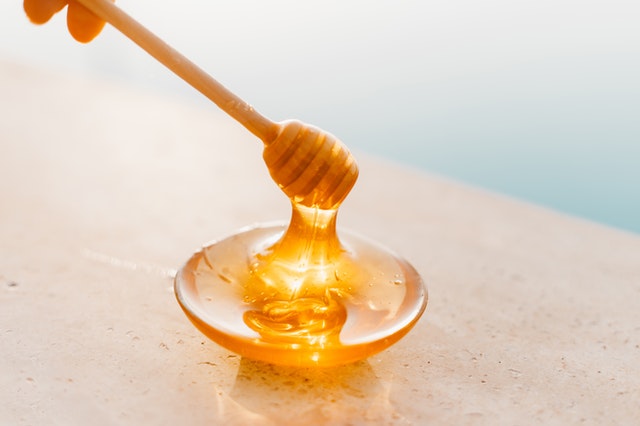Fructose the sweetest killer

Would you ever give alcohol to a child? The answer is obviously no, but you may be doing the next worst thing.
You may have noticed that at the British Early Years Centre we are very much into healthy living. Healthy lunches for children have been of huge importance in the UK ever since Jamie Oliver’s push to make Britain more aware of the impact of school dinners on children’s health and their education. We all know the basics of healthy eating, but in this series of blog posts I hope to highlight some of the issues that most of us are not aware of.
Today I would like to talk about Fructose. Fructose can be found in hundreds of different snacks and drinks. Most of those that are found in the numerous 7/11 stores that litter Bangkok will contain fructose. I used to really enjoy a bottle of Oishi Green Tea but I have now switched to Fuji Fit as a healthier replacement. At first it was hard to get used to Fuji, as I craved the sweetness of Oishi, but now I actually prefer it. Sugar is like a drug in that it causes addiction. Your brain craves it and once you reduce your intake, when you do have something sweet, you tend to find it overpowering. Over the last 10 years or so, people have become more aware of the damage sugar can do and we have already talked about just how dangerous it is here… However product designers and big companies are smart. Throughout the world, but even more so in Thailand where regulations aren’t as well enforced, companies find loopholes in labeling regulations, in order to trick the public into thinking they are health conscious. In fact they don’t really care much for your health at all, even if they like to say they do.
Fructose was a sweetener that arrived on the scene soon after the fall of sugar. It was advertised as a perfect replacement for the under fire ‘sugar’, as it is ‘natural’ sugar made from fruit, and fruit is good for us right? Well yes it is, but the sugar is not. In the same way that fruit juices are now placed in the same class as soft drinks, fructose is purely the sugar from fruit, without the added vitamins and minerals that fruits give us. Put simply, if you take something that is 90% good for you and 10% bad, Fructose is achieved by throwing away the 90% goodness and keeping the 10% bad. In essence, fructose is no better than sugar in any way and in fact, it is much worse.
Unlike sugar fructose is processed in the liver as appose to the stomach. This is fine when eating fruit as it is in small amounts, but when we drink fruit juices or indeed fructose flavoured drinks, it is too much for the liver to process and it can have the same effect as alcoholism.
According to Harvard Medical the
Another favourite for advertising companies is to try to hide just how much fructose is in a product. Take Oishi Green Tea Original, as an example. This product is 500ml and 6% fructose. 6% seems like nothing at all, but when you actually do the maths, it totals 30 grams of fructose, with the daily recommendation of added sugar for children being 12grams; almost a third of this figure.
There is no known way around this problem. Trying to find replacements for sugar just doesn’t work. The best way to tackle sugar addiction is to gradually reduce intake. Once you stop eating as much sugar, your body stops craving it, meaning you eat less and less until you don’t need it at all. You will also find you begin to enjoy those sweet treats all that much more as it requires less sugar to give you that same sugary buzz we all love.
British Early Years Centre is an International School in Bangkok. We follow the British Early Years Foundation Stage Curriculum (EYFS)
